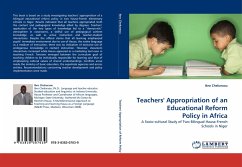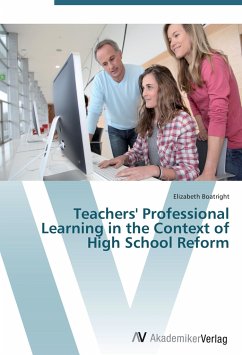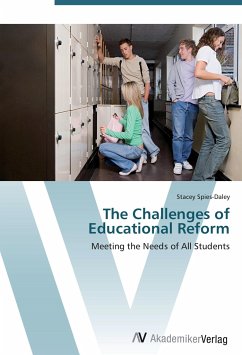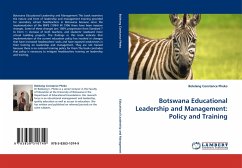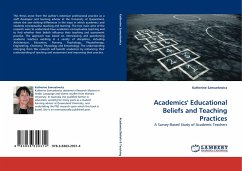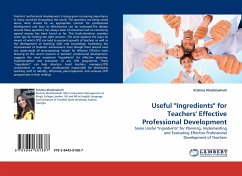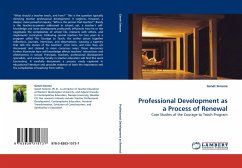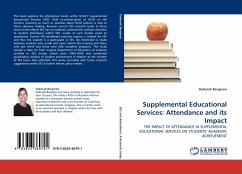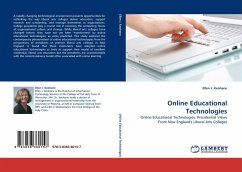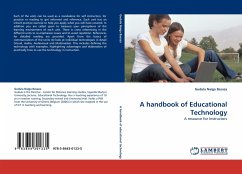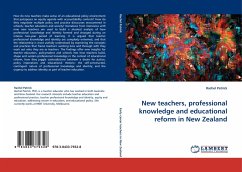
New teachers, professional knowledge and educational reform in New Zealand
Versandkostenfrei!
Versandfertig in 6-10 Tagen
52,99 €
inkl. MwSt.

PAYBACK Punkte
26 °P sammeln!
How do new teachers make sense of an educational policy environment that juxtaposes an equity agenda with accountability controls? How do they negotiate multiple policy and practice discourses encountered in schools, teacher education and society? Narratives from interviews with nine new teachers are used to build a situated analysis of how professional knowledge and identity formed and changed during an intense two-year period of learning. It is argued that teacher professional knowledge and identity are complexly entwined, and that the relationship is most usefully understood by examining th...
How do new teachers make sense of an educational policy environment that juxtaposes an equity agenda with accountability controls? How do they negotiate multiple policy and practice discourses encountered in schools, teacher education and society? Narratives from interviews with nine new teachers are used to build a situated analysis of how professional knowledge and identity formed and changed during an intense two-year period of learning. It is argued that teacher professional knowledge and identity are complexly entwined, and that the relationship is most usefully understood by examining the concepts and practices that frame teachers' working lives and through with they work out who they are as teachers. The findings offer new insights for teacher educators, policymakers and schools into how teachers build, shape and sustain professional knowledge in the context of educational reform; how they juggle contradictions between a desire for justice, policy imperatives and educational rhetoric; the self-constructed, contingent nature of professional knowledge and identity; and the urgency to address identity as part of teacher education.



